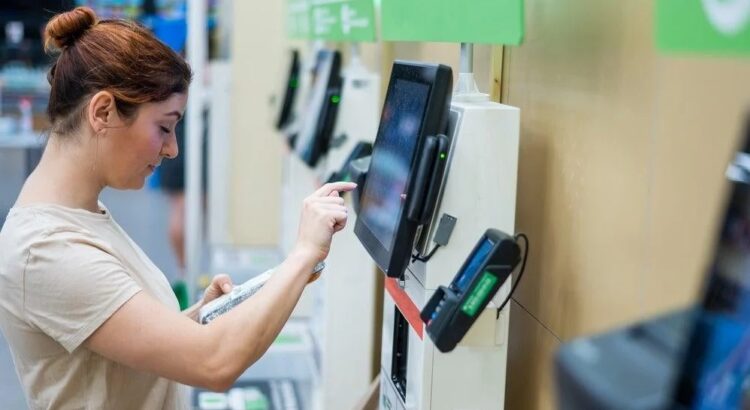Self-checkout machines have been a common sight in retail spaces, gaining popularity for the convenience they offer to customers. However, Dollar Tree may be bidding farewell to these machines, opting instead to shift focus back to traditional customer service. The move has sparked interest and curiosity, and we’re here to explore why.
This article dives into the potential reasons behind Dollar Tree’s decision and highlights the advantages this approach may bring to their business model, employees, and customers.
Why Consider Moving Away from Self-Checkout?
While self-checkout machines might seem like an efficient solution, they come with their own set of challenges that companies may find less appealing over time. Here are some reasons why the decision to discontinue them might make sense:
- Reducing Theft and Shrinkage
One of the major challenges associated with self-checkout machines is theft, often referred to as “shrinkage” in retail terms. Studies have shown that theft rates increase when customers handle checkouts themselves due to both accidental and intentional losses. Removing self-checkout machines can help the retailer better monitor transactions, ultimately minimizing these losses.
- Improving the Customer Experience
While self-checkout is fast, not every customer is comfortable using the machines. For non-tech-savvy shoppers, minor technical glitches or confusion when scanning items can lead to frustration. By reinstating human cashiers, Dollar Tree has the opportunity to offer a more personalized and supportive checkout experience, creating happier and more loyal customers.
- Enhancing Operational Efficiency
Despite their promise of speed, self-checkout machines often come with downtimes due to errors or malfunctions. These interruptions can inconvenience both customers and employees who step in to fix the issue. Traditional cashier lanes minimize these problems, ensuring smoother operations across the store.
- Supporting Employment
Reverting to human-operated checkout counters may also contribute to job creation. At a time when automation in retail is on the rise, Dollar Tree could be making a thoughtful decision to prioritize human workers in their business operations. Strengthening their workforce not only supports the local community but also reinforces the brand’s value of customer care.
Benefits of Focusing on Traditional Checkouts
Dollar Tree’s potential move away from self-checkout machines offers several clear benefits for both the company and its customers.
- Higher Accountability
With cashiers managing transactions, there’s a greater level of accountability compared to machines. Cashiers can identify errors immediately, preventing inventory discrepancies and ensuring a more accurate transaction process.
- Stronger Customer Relationships
Having human cashiers fosters relationships between the store and its customers. A simple “How is your day?” or “Did you find everything you needed?” goes a long way in building trust and positive brand associations.
- Simplified Processes
Removing self-checkout lanes simplifies the operational setup. With fewer machines to maintain and troubleshoot, stores can concentrate on core operations, such as ensuring shelves are fully stocked and customers are satisfied.
- Fewer Barriers to Accessibility
For elderly shoppers, individuals with disabilities, or those unfamiliar with self-checkout technology, traditional cashier lanes are often more accommodating. Enhancing accessibility strengthens inclusivity and improves customer retention.
What Could This Mean for the Future?
Dollar Tree’s decision to consider removing self-checkout machines may set a precedent for other retailers that are struggling with the pitfalls of automation in the checkout process. By prioritizing human interaction, improving security, and focusing on operational efficiency, this move could redefine “convenience” in the retail world.





